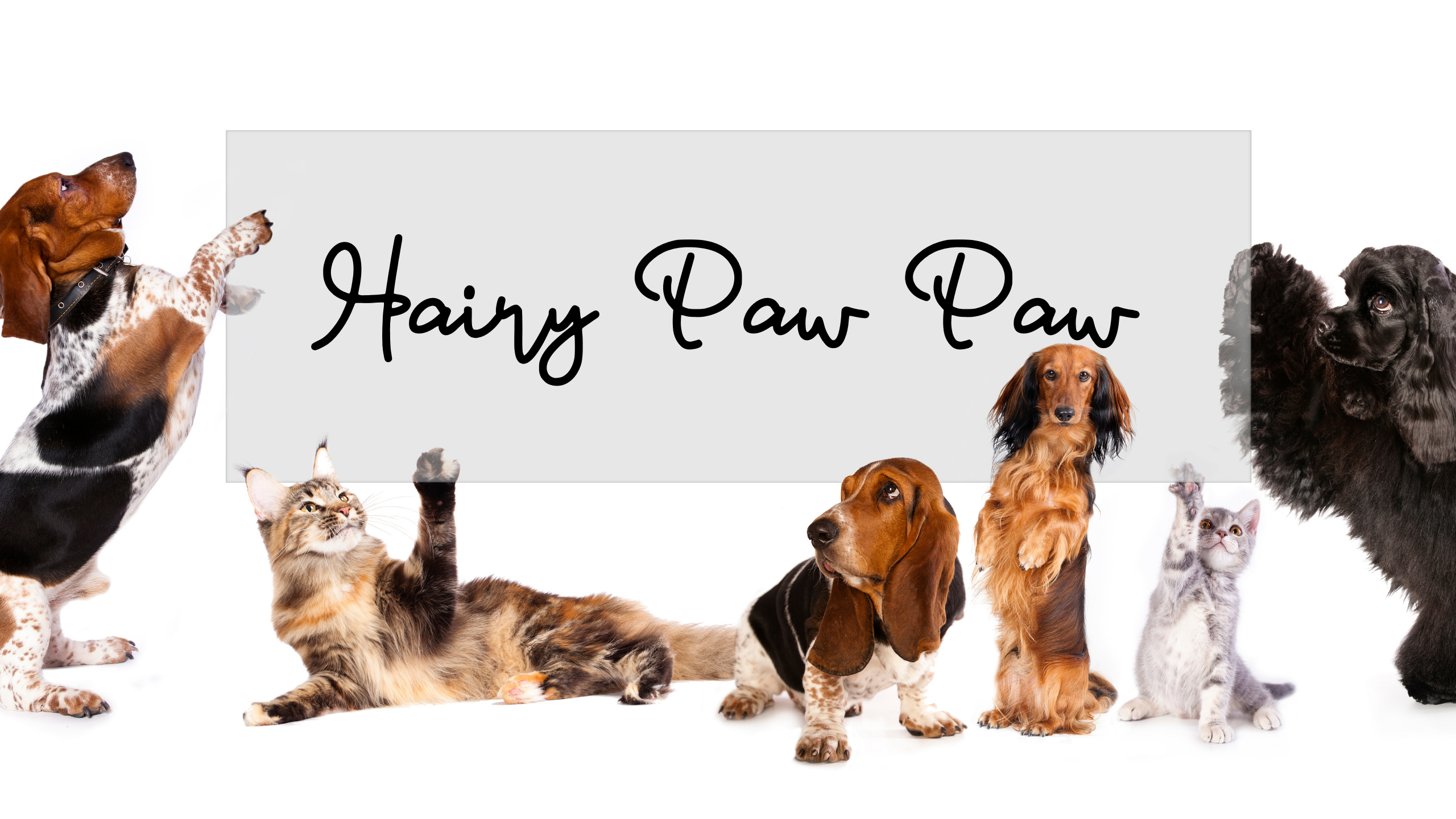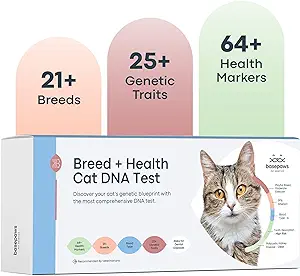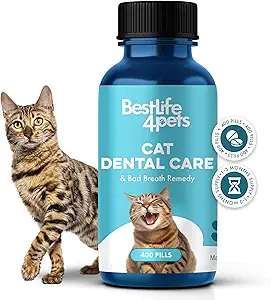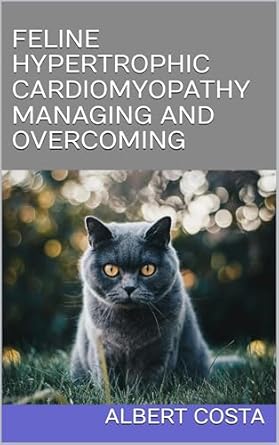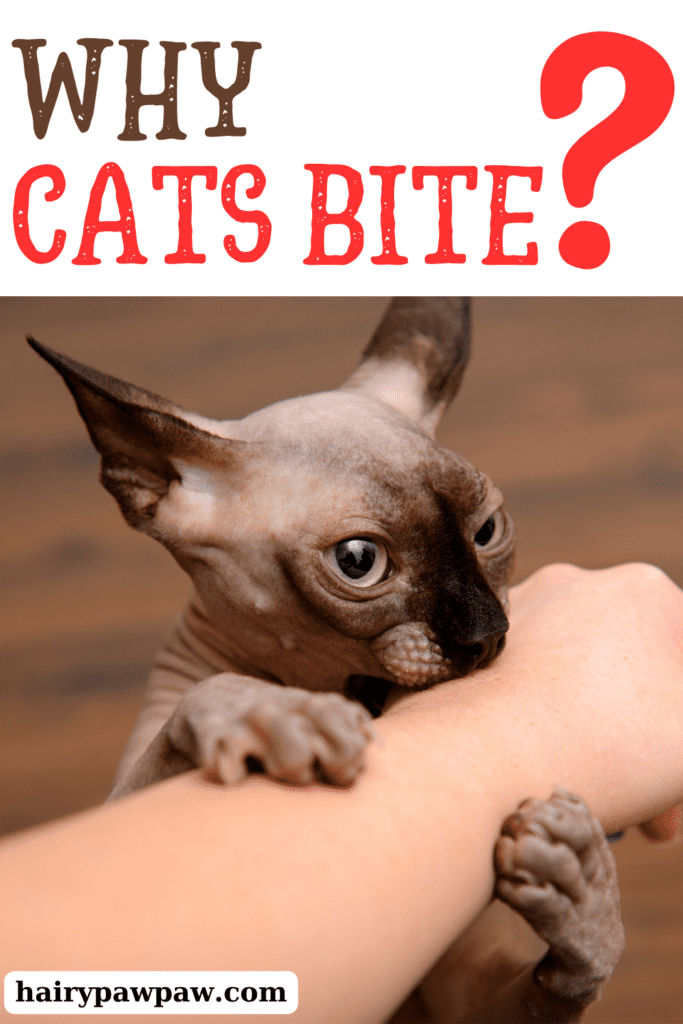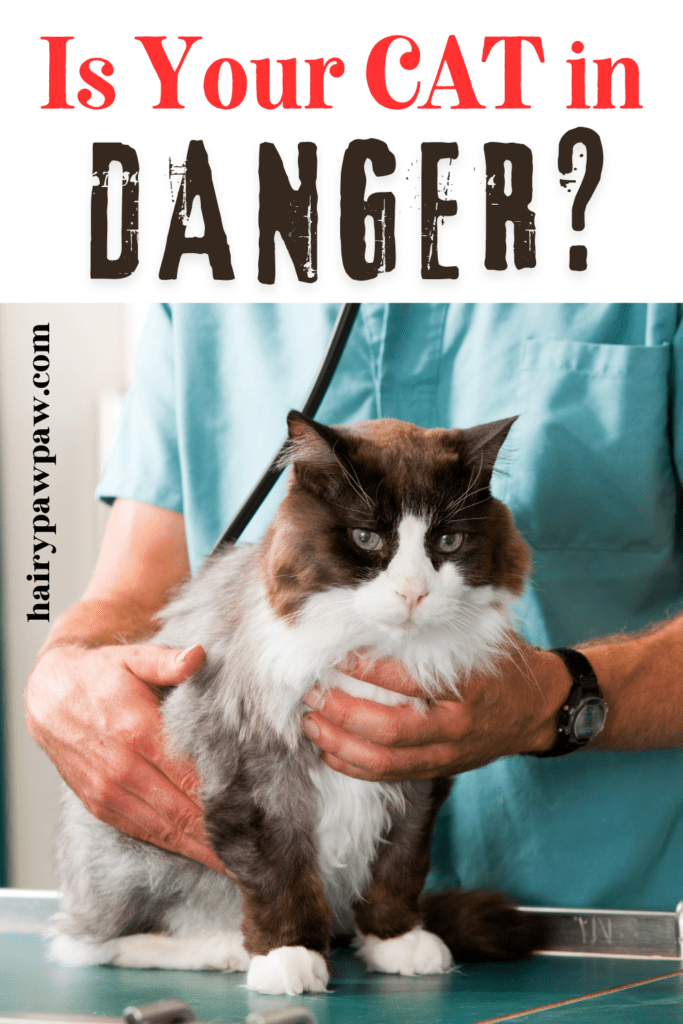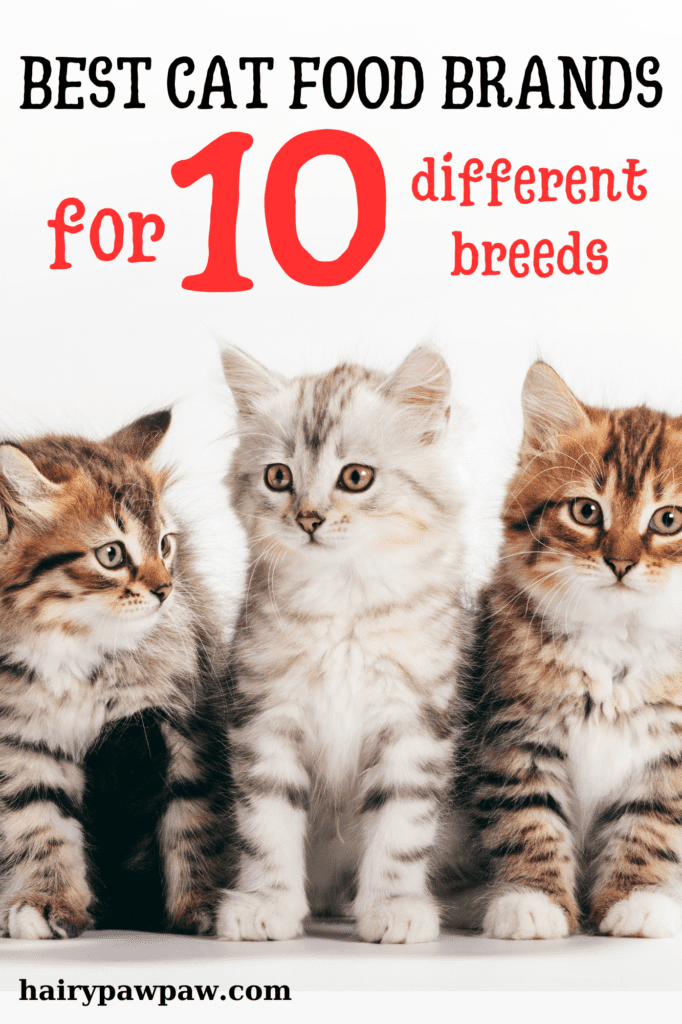This “Abyssinian Cat Health: How to Prevent and Manage Problems” post may contain affiliate links, which means I’ll receive a commission if you purchase through my link, at NO EXTRA COST TO YOU
Abyssinian Cat Health: How to Prevent and Manage Problems
Abyssinian cats are well-loved for their sleek, athletic build, playful nature, and striking coat. However, like all breeds, they are prone to certain health issues that can affect their quality of life. Understanding these health concerns and how to manage them is essential for anyone who owns or is considering adopting an Abyssinian. This blog will delve into the most common health problems seen in Abyssinians, how to recognize them, and tips for prevention.
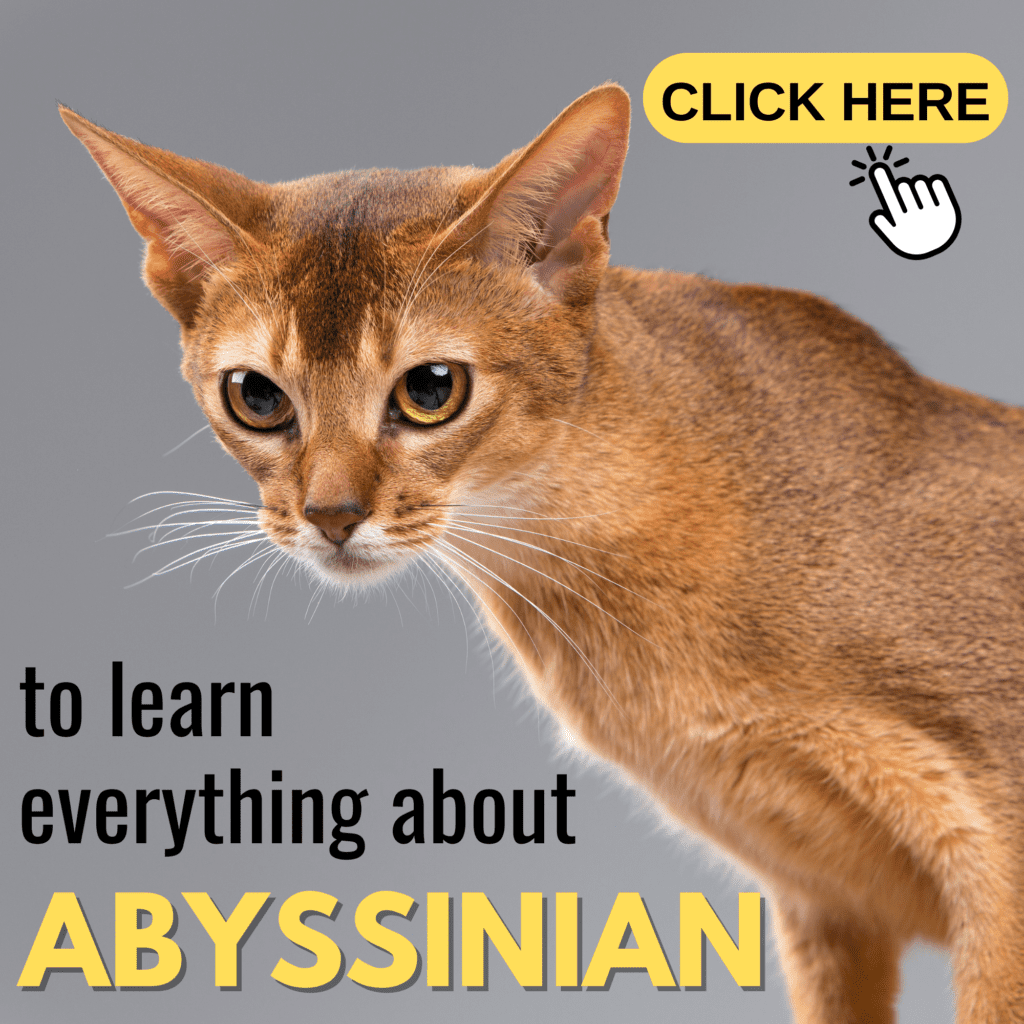
1. Progressive Retinal Atrophy (PRA)
One of the most common health issues in Abyssinian cats is progressive retinal atrophy (PRA). This is an inherited eye disorder that leads to the gradual deterioration of the retina, eventually causing blindness. Abyssinians are particularly susceptible to this condition, so regular eye check-ups are crucial.
PRA typically starts with night blindness, where your cat may have trouble navigating in low-light conditions. Over time, the disease progresses to complete blindness. While there is no cure for PRA, early detection can help you make accommodations to ensure your cat can continue living comfortably. Creating a stable environment with minimal changes in layout helps blind cats adjust.
To reduce the risk of PRA, working with a breeder who performs genetic testing on their breeding cats is essential. This step can significantly decrease the chance of passing on this hereditary condition.
2. Renal Amyloidosis
Renal amyloidosis is another serious health issue that affects many Abyssinians. It is a genetic condition where abnormal proteins (amyloids) accumulate in the kidneys, leading to kidney failure. Symptoms of this disease often include increased thirst, frequent urination, weight loss, and lethargy. If left untreated, renal amyloidosis can be life-threatening.
There is no cure for amyloidosis, but early diagnosis and treatment can help manage symptoms and slow the progression of the disease. Regular veterinary check-ups, blood tests, and urine tests can detect the disease early. Cats with this condition may require a special diet, medications, and regular fluid therapy to help support kidney function.
Since this is a hereditary disease, responsible breeding practices can help reduce the occurrence of renal amyloidosis in Abyssinian cats.
3. Gingivitis and Dental Problems
Abyssinians are also prone to dental problems, particularly gingivitis, which is the inflammation of the gums. If left untreated, gingivitis can progress to more severe periodontal disease, which can lead to tooth loss and infections. Dental health is often overlooked, but it is a critical aspect of your Abyssinian’s overall well-being.
Common signs of dental disease include bad breath, drooling, difficulty eating, and swollen gums. To prevent dental issues, regular at-home brushing is highly recommended. Additionally, routine professional cleanings by a veterinarian can help maintain healthy teeth and gums.
Incorporating dental care products such as water additives, dental treats, or specially formulated dental diets can also be beneficial in preventing oral health issues. Establishing a dental care routine early in your Abyssinian’s life will significantly reduce the risk of severe dental problems down the line.
4. Patellar Luxation
Patellar luxation, or the dislocation of the kneecap, is another common issue in Abyssinian cats. This condition can cause your cat discomfort or difficulty in moving, as the kneecap can slip out of its normal position. Cats with mild cases may show intermittent limping, while severe cases might require surgical intervention.
Since Abyssinians are naturally active and agile, it’s important to keep an eye out for any signs of pain or limping during or after play. Regular veterinary check-ups are crucial for diagnosing patellar luxation early, and depending on the severity, treatment options may include pain management, physical therapy, or surgery.
Providing your cat with soft, cushioned surfaces to jump onto and climb will help reduce the risk of injury and strain on their joints. Additionally, maintaining a healthy weight through proper diet and regular exercise is essential in preventing joint-related issues in Abyssinians.
5. Hypertrophic Cardiomyopathy (HCM)
Hypertrophic cardiomyopathy (HCM) is the most common form of heart disease in cats, including Abyssinians. In this condition, the heart muscle thickens, making it harder for the heart to pump blood effectively. HCM can lead to congestive heart failure or blood clots, both of which are serious and potentially life-threatening.
Early signs of HCM in cats can be subtle, including lethargy, reduced appetite, and difficulty breathing. In some cases, cats may not show symptoms until the disease is advanced. This is why routine veterinary exams, including heart auscultation and possibly ultrasounds, are essential for early detection.
Although there is no cure for HCM, medications can help manage symptoms and improve your cat’s quality of life. Keeping your Abyssinian at a healthy weight and monitoring for any signs of breathing difficulty can also aid in managing this condition.
6. Obesity
Abyssinians are naturally active cats, but they can still fall victim to obesity if they are overfed or lack sufficient exercise. Obesity significantly increases the risk of developing other health issues such as diabetes, heart disease, and joint problems.
To prevent obesity, it is important to monitor your Abyssinian’s diet carefully. Portion control, feeding high-quality food, and limiting treats are key aspects of maintaining a healthy weight. Additionally, providing regular opportunities for exercise through interactive play or puzzle toys will help keep your cat active and prevent weight gain.
Establishing an exercise routine early in your Abyssinian’s life will not only keep them physically fit but also mentally stimulated, helping prevent behavioral problems that may arise from boredom or frustration.

Why Taste of the Wild Rocky Mountain Grain-Free?
This grain-free formula contains roasted venison and smoked salmon, providing high-quality protein and omega fatty acids. It also includes antioxidants from fruits and vegetables, supporting a healthy immune system and active lifestyle.
7. Feline Infectious Peritonitis (FIP)
Feline infectious peritonitis (FIP) is a viral disease caused by a mutation of the feline coronavirus. While many cats may carry the coronavirus without any symptoms, in some cases, it can mutate into FIP, which is fatal. Abyssinian cats appear to have a higher risk of developing FIP compared to other breeds.
FIP comes in two forms: wet and dry. The wet form is characterized by fluid accumulation in the chest or abdomen, while the dry form causes more subtle symptoms such as fever, weight loss, and neurological issues. Unfortunately, FIP is almost always fatal, and there is no definitive cure for the disease.
However, maintaining a clean and stress-free environment, combined with proper nutrition and regular vet visits, can help reduce the risk of your Abyssinian developing FIP. If you notice any concerning symptoms, it is important to seek veterinary care immediately for a proper diagnosis.
8. Hyperthyroidism
Hyperthyroidism, a condition where the thyroid gland produces excessive thyroid hormone, is relatively common in older Abyssinians. This condition speeds up the metabolism, causing symptoms such as weight loss, increased appetite, hyperactivity, and vomiting.
Fortunately, hyperthyroidism can be managed with medication, radioactive iodine treatment, or surgery to remove the overactive thyroid gland. Regular blood tests can help detect hyperthyroidism early, allowing for timely intervention.
Conclusion
Abyssinian cats are lively, affectionate, and loyal companions. However, like all breeds, they are prone to certain health conditions that require attention and care. Regular vet visits, proper nutrition, and a healthy lifestyle will go a long way in preventing many of these issues. By understanding the potential health risks and taking proactive steps, you can ensure that your Abyssinian lives a long, happy, and healthy life.

